Where the money resides, or in this case, where the power resides.
Can we talk about grant funding and community engagement for a minute? Many libraries, archives, and museum leaders make identifying grant-funded work a high priority. We rationalize the decision to seek out external short-term funding because grants can add capacity to our projects, allowing us to reach our goals quicker. Or because grants can inject additional resources to support the exploration of new ideas and buy projects time to secure more solid funding.
While these reasons are valid, what do we do if our work is in collaboration with communities that are not comfortable with the fast pace and short-term nature of grant timelines? Is it moral to engage with community partners exclusively on grant-funded initiatives?
Throughout my nine-year career in archives, I did not think about institutional budgets through a moral lens until the Black Lives Matter events of the summer of 2020. While talking with colleagues about the movement to defund the police, I learned more about how a morality framework has been used to critique too large federal defense and too small federal healthcare budgets. The concept has roots as a principle articulated by religious communities to policymakers. As Jim Wallis, a public theologian, states:
…any budget is a moral statement of priorities, whether it’s a budget created by an individual, a family, a school, a city, or a nation. It tells us, mathematically, what areas, issues, things, or people are most important to the creators of that budget, and which are least important.”
The question of who benefits from any budget line item is complex. For example, who does staff travel to an out-of-state historically marginalized rural community benefit? The institution, because the staff member is representing the university and building its network? The community, because their needs and expectations are centered? How often do we bend and stretch these discussions of “benefit” to support our own agendas? A more direct question might be: Who is receiving cash directly, institutions or communities?
The reality is that activities that promise longer-term returns, like grant-writing workshops or skill-building for future employment, are not guaranteed or reliable revenue streams for community collaborators. According to the Architecting Sustainable Futures report, in most community-institution collaborations, community organizations only received 3% of the project budget for their expertise and labor.
As we analyzed the spending breakdown of our own grant-funded community-driven archives project, 66% of our grant award went to UNC staff’s salaries and benefits, and the other 27% included direct payments to community members, but this percentage also includes other institutionally-directed spending.
Our grant team members live in and around Chapel Hill, North Carolina, a wealthy college town; we contribute to this expensive and often exclusionary and elitist academic community. We acknowledge that there are other communities and local economies that could use the support much more. Our team is inspired by alternatives to grant funding such as mutual aid, grassroots fundraising, and more opportunities to directly fund community needs.
Our grant project is one of many examples of this need for critical reflection about institutional resources, and our experiences spur us to devise ways to more directly resource our partners, to design grant projects with a bigger focus on equity, and to collaborate with our community partners in the development of frameworks to help us measure progress in these areas.
Many thanks to Bergis Jules and Nicole Kang Ferraiolo, whose writings on these issues within the worlds of grantmaking and cultural heritage practitioners helped to frame our team’s conversations.
Additional Reading
Burtman (2003, June 19), On the Road to a More Elitist Chapel Hill, Indyweek. https://indyweek.com/news/road-elitist-chapel-hill/
Caswell, Michelle, Christopher Harter, and Bergis Jules (2017). Diversifying the Digital Historical Record: Integrating Community Archives in National Strategies for Access to Digital Cultural Heritage (Forum 4). D-Lib Magazine, Volume 23, Number 5/6. http://www.dlib.org/dlib/may17/caswell/05caswell.html
Cultural Heritage and Social Change Summit (2016). Nothing About Us, Without Us (report). Shift Design. https://about.historypin.org/content/uploads/2017/12/HistoryPin_CHSC_takeaways_final.pdf
Ferraiolo, Nikole Kang (2019, February 21). More Equitable Partners in Grant Funding (blog post). CLIR (Council on Library and Information Resources). https://www.clir.org/2019/02/more-equitable-partnerships-in-grant-funding/
Ferraiolo, Nikole Kang (2019, March 12). Toward a more inclusive grant program (blog post). CLIR (Council on Library and Information Resources). https://www.clir.org/2019/03/toward-a-more-inclusive-grant-program/
Ferraiolo, Nikole Kang (2019, March 12). Still Listening (blog post). CLIR (Council on Library and Information Resources). https://www.clir.org/2019/04/still-listening/
Jules, Bergis (2018). Architecting Sustainable Futures: Exploring Funding Models in Community Based Archives (blog). Medium. https://medium.com/community-archives/architecting-sustainable-futures-exploring-funding-models-in-community-based-archives-da9a7a856cbe
Jules, Bergis (2019). Architecting Sustainable Futures: Exploring Funding Models in Community Based Archives (report). Shift Design. https://shiftdesign.org/content/uploads/2019/02/ArchitectingSustainableFutures-2019-report.pdf
Wallace, Jim (2017). Truth that Bears Repeating: A Budget is a Moral Document. Sojourners. https://sojo.net/articles/truth-bears-repeating-budget-moral-document

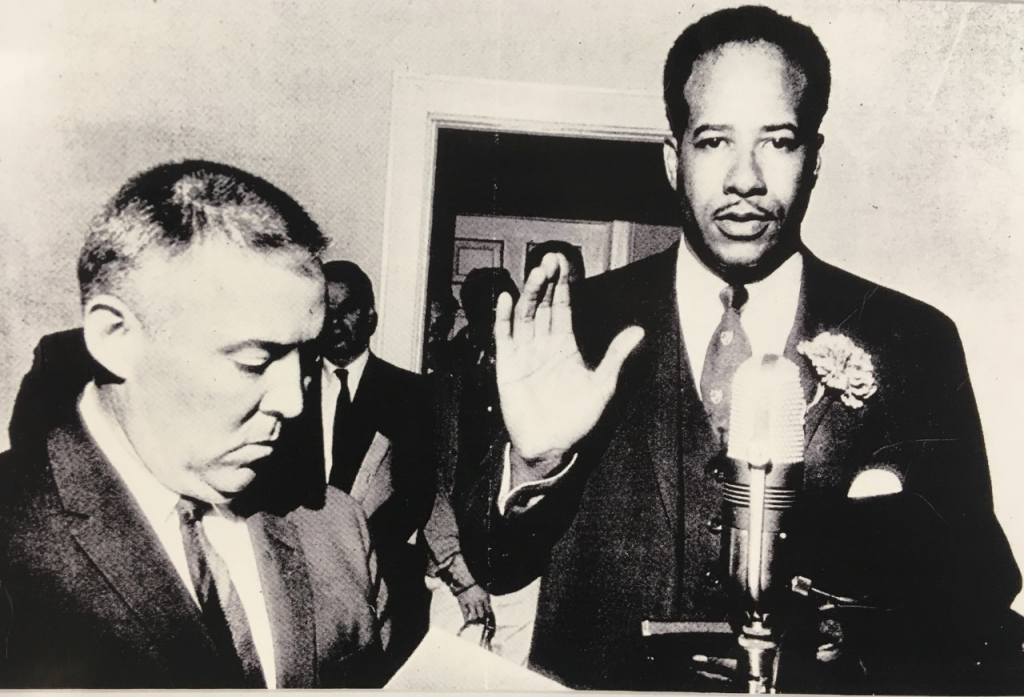
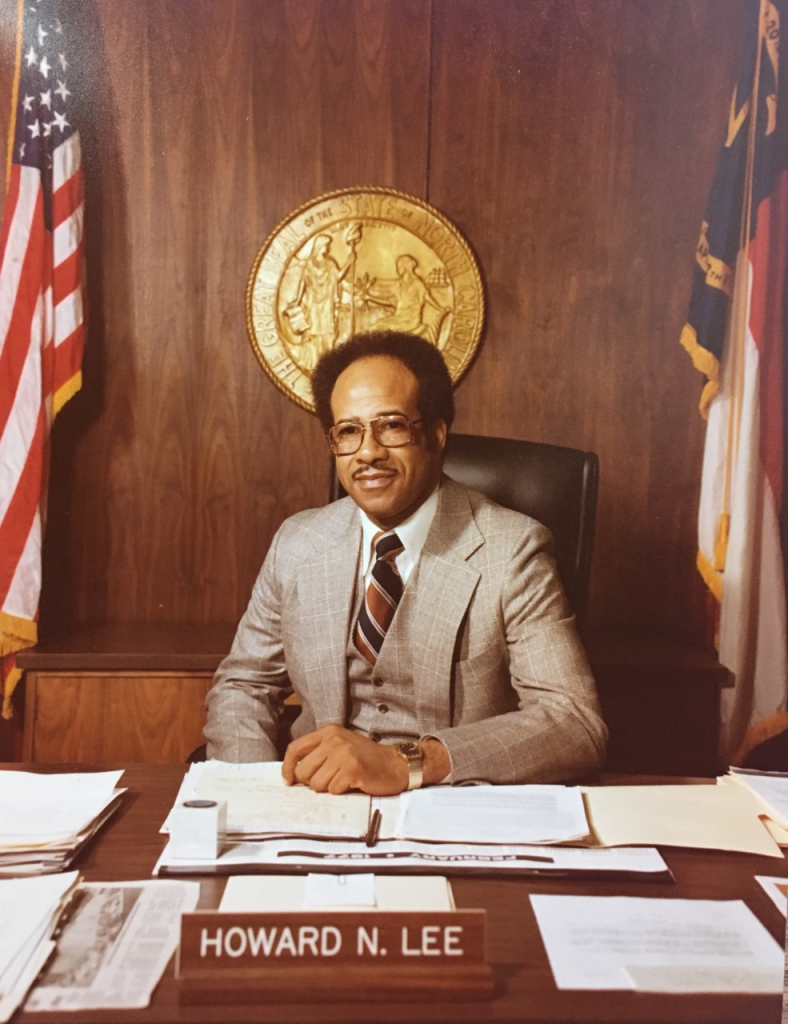
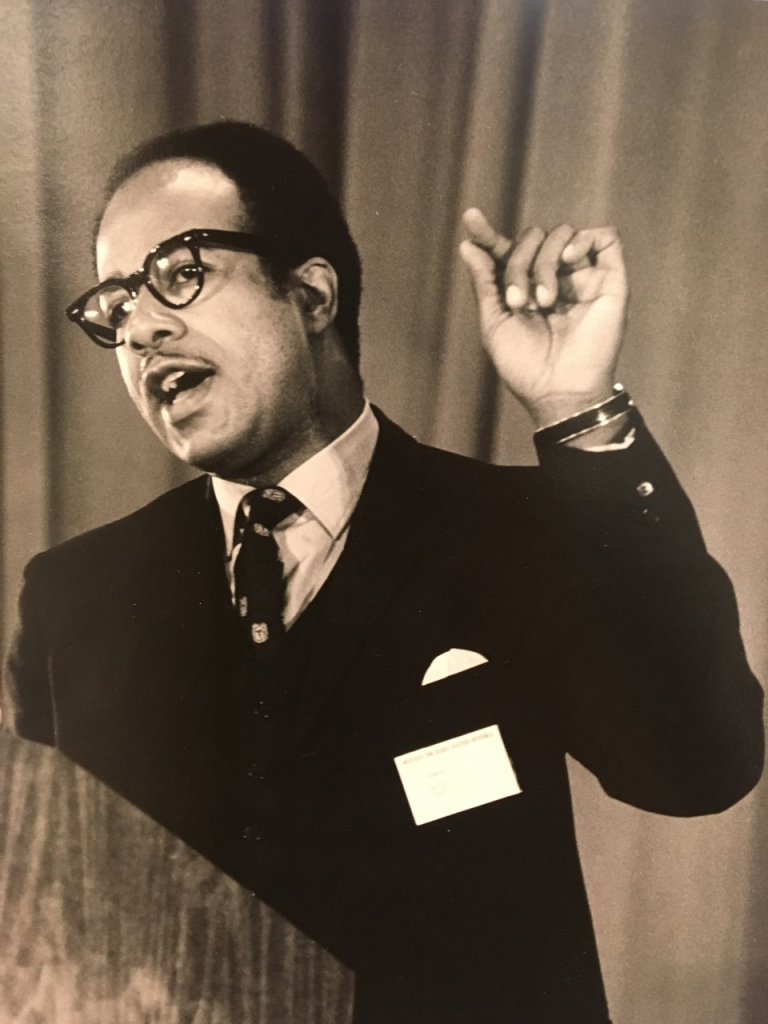


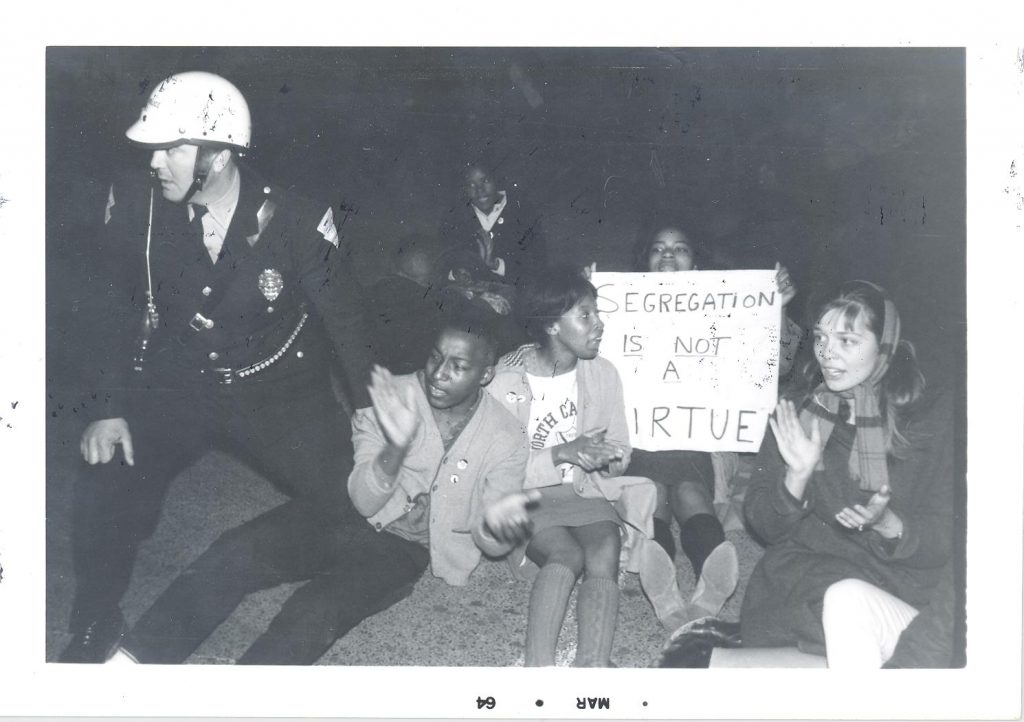

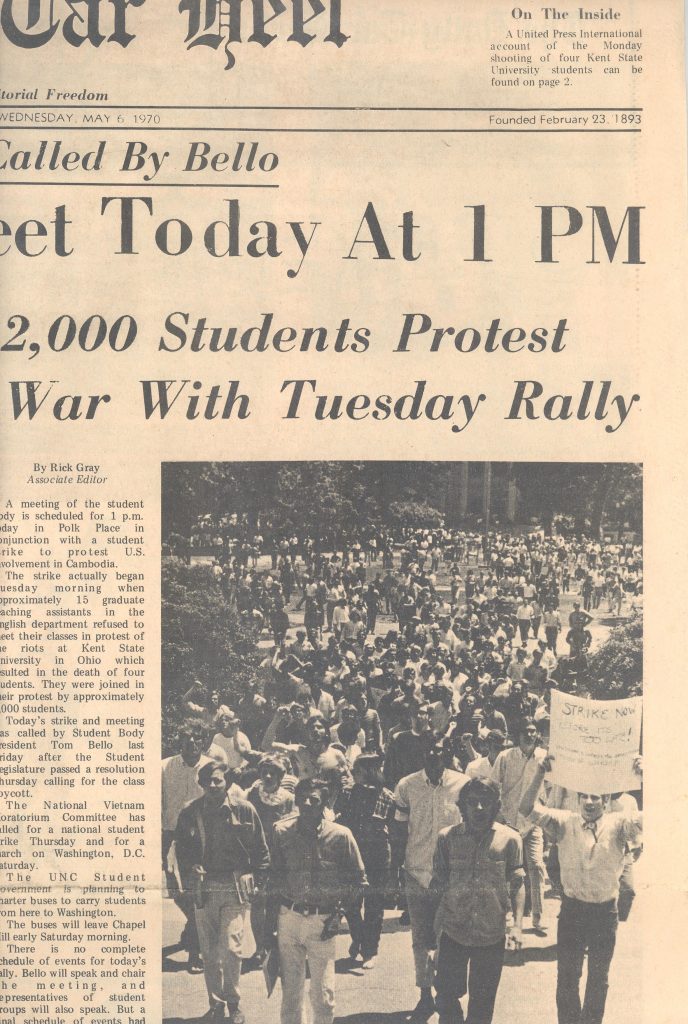

![(detail) William Bagley to Mose G. Pierce, from William Bagley Letter Books, SHC #863-z. [detail] William Bagley to Mose G. Pierce (from William Bagley Letter Books, SHC #863-z)](https://blogs.lib.unc.edu/shc/wp-content/uploads/sites/10/2009/08/images-012-300x206.jpg)
